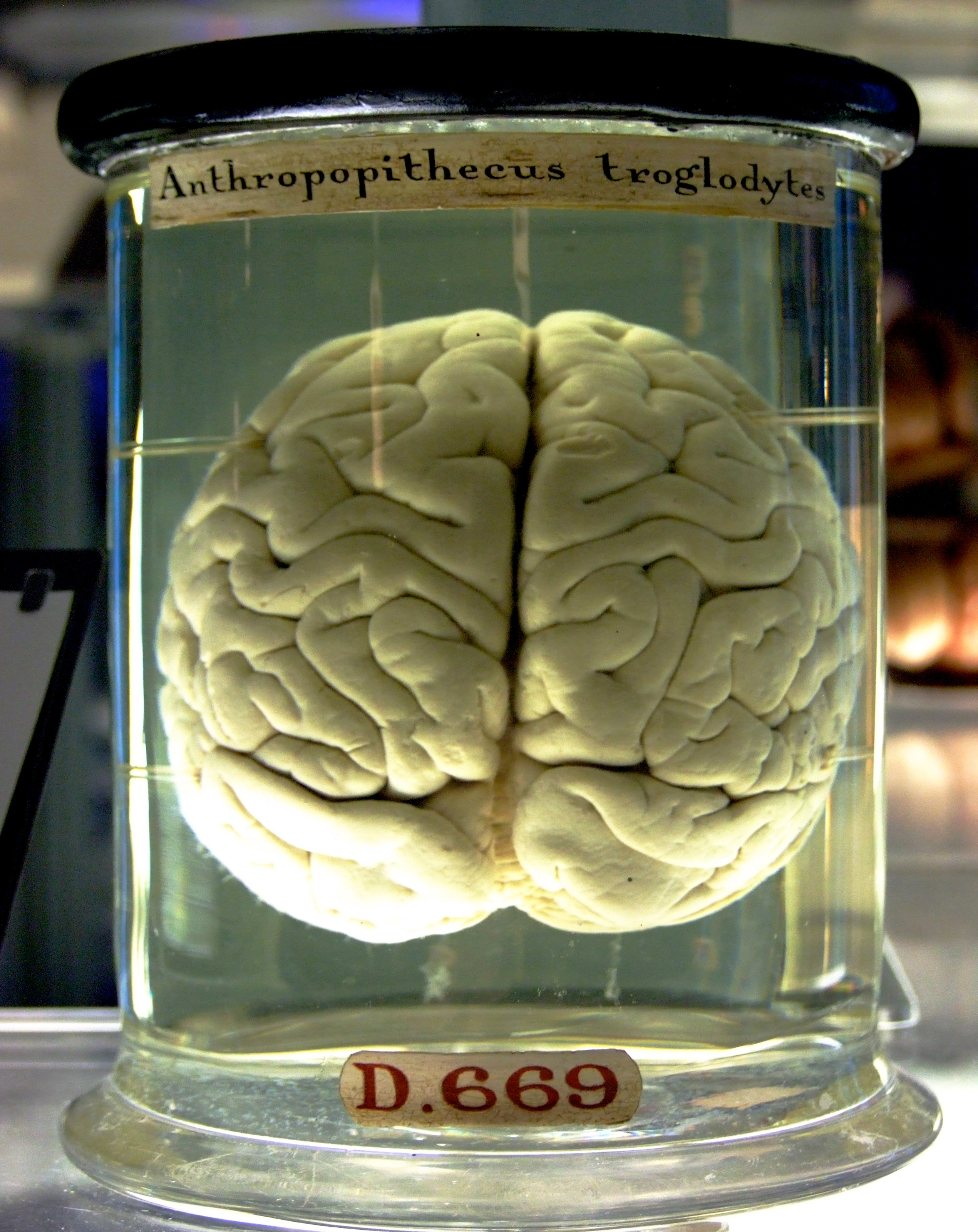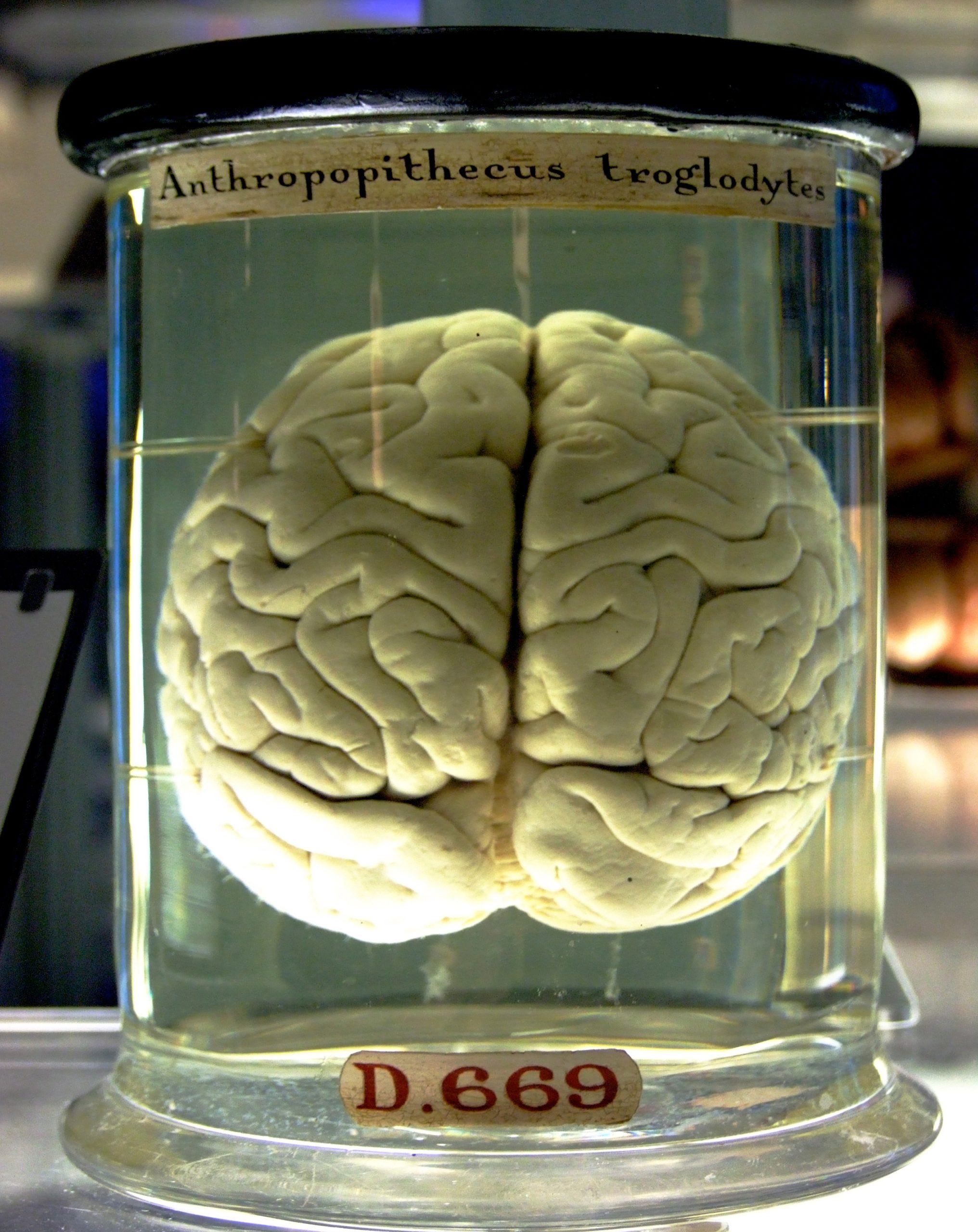
Low Oxygen Levels During REM Sleep Associated with Brain Damage and Memory Decline
Recent research published in the medical journal Neurology highlights an alarming connection between sleep apnea and long-term cognitive deterioration. The study, made public on May 7, 2025, indicates that decreased oxygen levels during REM sleep—when dreaming predominantly occurs—can harm the small blood vessels within the brain and affect areas essential for memory. These results provide a new perspective on how unaddressed sleep apnea might gradually undermine brain health as individuals grow older.
Grasping the Connection Between REM Sleep, Oxygen, and Memory
Obstructive sleep apnea (OSA) is a prevalent sleep disorder, especially among older individuals, characterized by repeated airway blockages during sleep that diminish or halt airflow. This condition results in sporadic drops in blood oxygen levels and frequent interruptions in sleep quality.
“Obstructive sleep apnea is more prevalent with aging, and our research suggests that low oxygen particularly during REM sleep may correlate with reductions in memory capabilities,” stated lead study author Bryce A. Mander, PhD, a sleep research expert at the University of California, Irvine. “Our results propose that this may occur due to damage to the brain’s small blood vessels and the memory centers they nourish.”
Mander and his team evaluated a cohort of 37 adults, with an average age of 73, none of whom were experiencing cognitive impairments nor taking sleep medications. Overnight sleep assessments revealed that nearly two-thirds of participants showed signs of obstructive sleep apnea, even though they did not report significant symptoms.
Key findings included:
– Reduced oxygen saturation levels during REM sleep were strongly linked to indications of structural damage in the white matter of the brain.
– Participants who experienced greater oxygen desaturation displayed more white matter hyperintensities (bright spots on brain scans associated with reduced blood flow or damage to small vessels).
– These individuals also exhibited signs of shrinkage in brain tissue in the hippocampus and entorhinal cortex—areas vital for memory formation and retention.
– Poor performance on memory assessments was directly tied to thinning of the entorhinal cortex.
The Importance of REM Sleep for Memory
REM (Rapid Eye Movement) sleep plays a crucial role in memory consolidation. During this phase, the brain processes and reorganizes the information collected throughout the day—moving it from short-term memory storage to long-term memory.
When oxygen levels decline during REM sleep, these essential processes are interfered with. Even worse, this oxygen deficiency could damage the very brain circuits fundamental to memory consolidation, potentially leading to more than temporary confusion—it might lay the groundwork for cognitive decline over time.
Supporting these conclusions, the study found a strong relationship between the severity of oxygen drops and the extent of damage observed in MRI brain scans.
The Link to Alzheimer’s
While the study does not establish a direct cause-and-effect relationship, it contributes to an expanding body of evidence suggesting that sleep interruptions from conditions like sleep apnea may contribute to the onset of Alzheimer’s disease or other forms of dementia.
“This degeneration of brain regions associated with memory could provide insight into the relationship between sleep apnea and Alzheimer’s,” commented Mander. “Especially considering that memory consolidation heavily depends on uninterrupted REM sleep.”
As numerous Alzheimer’s sufferers exhibit marked atrophy in the hippocampus and entorhinal cortex, enhancing sleep quality may emerge as an essential focus for early intervention or prevention.
Acknowledging the Hidden Risk of Sleep Apnea
One major challenge in tackling sleep apnea is that many individuals are oblivious to the condition. It frequently remains undetected for years, particularly among older adults. Signs include:
– Loud snoring
– Gasping or choking during sleep (often observed by a partner)
– Regular awakenings
– Excessive drowsiness during the day
– Morning headaches or dry mouth
Risk factors encompass being overweight, having a thick neck, consuming alcohol or sedatives, or having a familial history of the disorder.
Safeguarding Brain Health Through Improved Sleep
The authors of the study emphasize the necessity of sleep assessments as part of comprehensive cognitive health evaluations in older adults. Diagnosing and treating sleep apnea—such as with a CPAP (Continuous Positive Airway Pressure) device—could do more than alleviate fatigue or high blood pressure. It might offer vital protection for brain structures involved in memory and learning.
“Maintaining brain health doesn’t solely occur while we’re awake,” Mander noted. “Sleep is an active function necessary for brain upkeep. Safeguarding this process through better sleep may help protect cognitive function as we age.”
What Should Older Adults Consider?
If you or someone you care for is worried about memory issues or displays signs of sleep apnea, consider these steps:
– Consult a physician: A primary care doctor or sleep specialist can recommend conducting a sleep study if necessary.
– Monitor risk factors: Keeping a healthy weight, reducing alcohol intake, and sleeping on your side can lessen apnea severity.
– Explore treatment options: Devices such as CPAP can not only enhance sleep but may also help preserve cognitive health.
– Broaden wellness initiatives: Diet, physical activity, social interactions, and quality sleep all play a role in long-term brain health.
